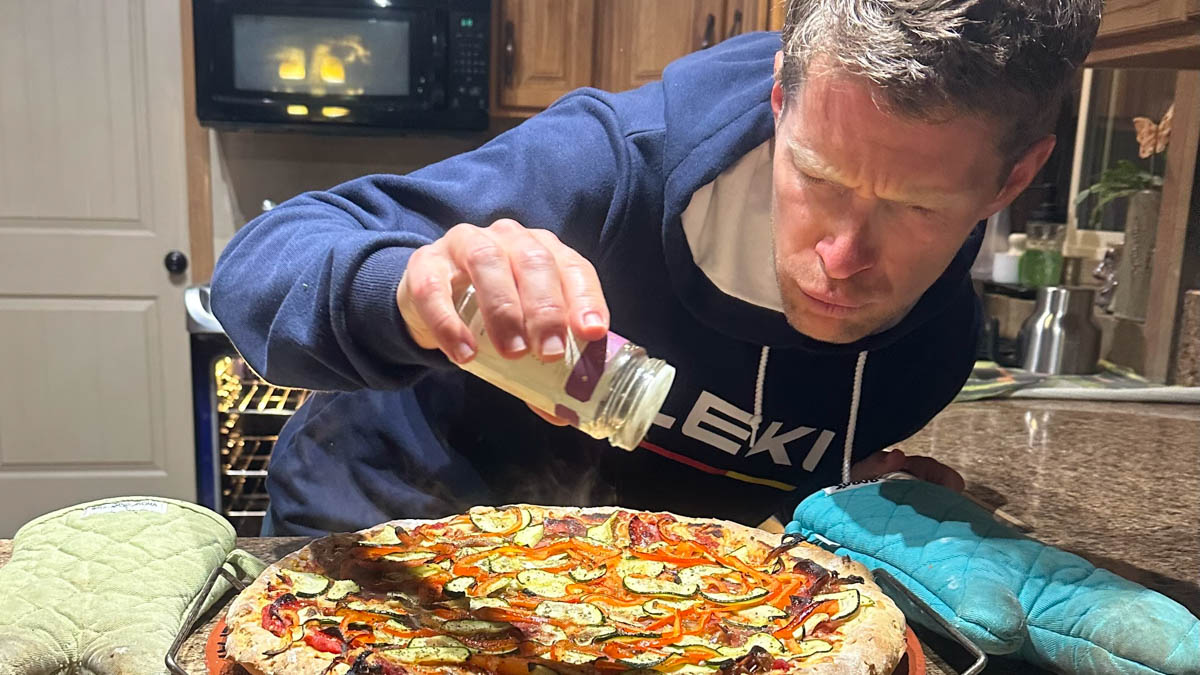
"Outcome goals are usually hindered by variables and factors that are totally out of your control, like weather, trail conditions, and the level of competition. Process-oriented goals are completely in your control - including goals such as how you pace yourself for the first five miles of the race, specific fueling or hydration goals, how you want to feel three-quarters of the way through the race,"
"Whatever part of the process you choose to work on, you alone are responsible for your success in those moments. You can check off your successes throughout a race and feel great about the progress you are making. The really fun part, though, is that usually if a runner nails all of their process goals during a race, they end up being really pleased with the outcome of their race as well."
Process-oriented goals should replace outcome-oriented goals for races, focusing on controllable elements like pacing, fueling, hydration, and self-talk. Outcome goals are vulnerable to external variables such as weather, trail conditions, and competition. Setting specific process goals—for example how to pace the first five miles, fueling targets, or desired sensations at three-quarters distance—creates measurable checkpoints and fosters confidence. Responsibility for executing the process rests with the athlete, and consistently meeting process goals often results in satisfying race outcomes. Road marathons and trail ultramarathons require different skillsets and training specificity.
Read at iRunFar
Unable to calculate read time
Collection
[
|
...
]